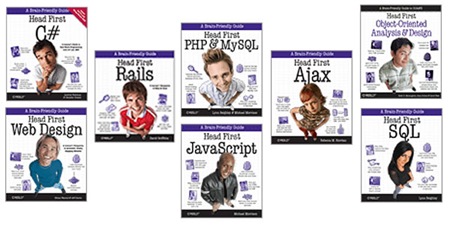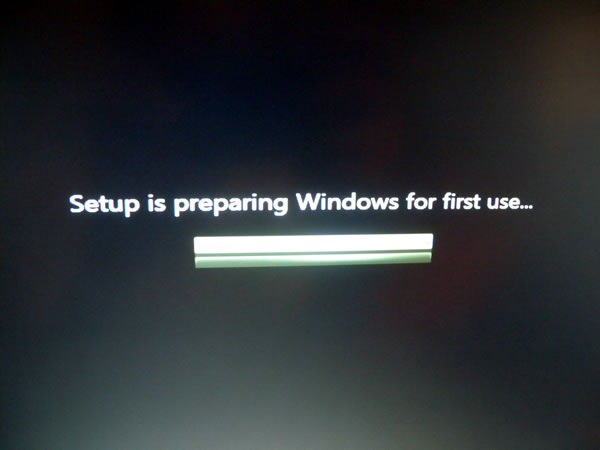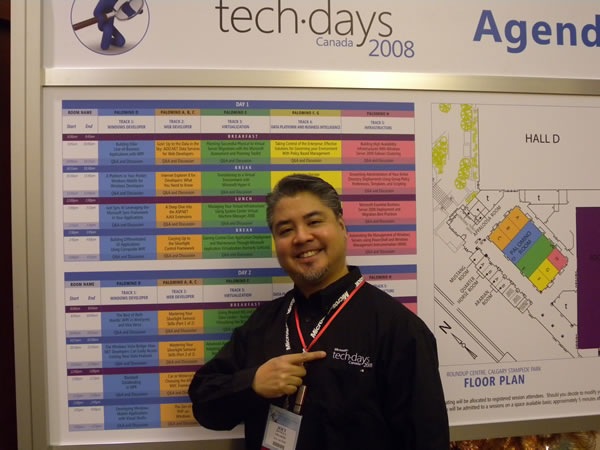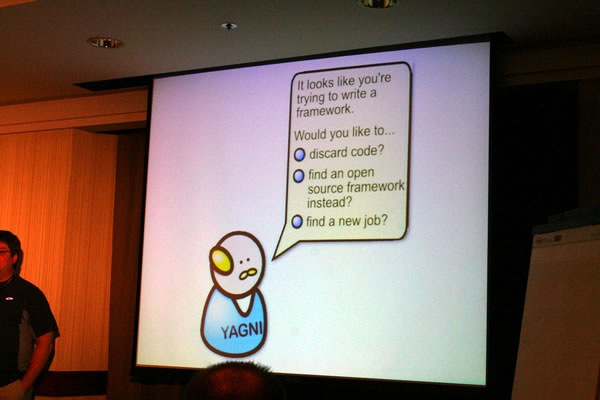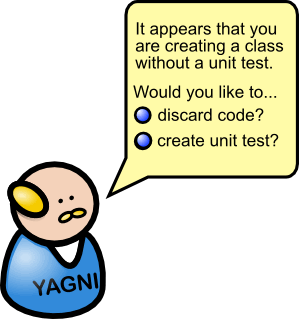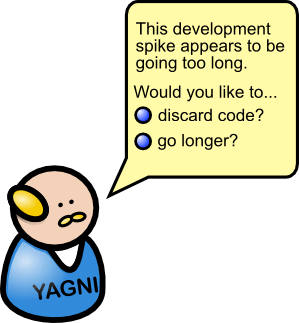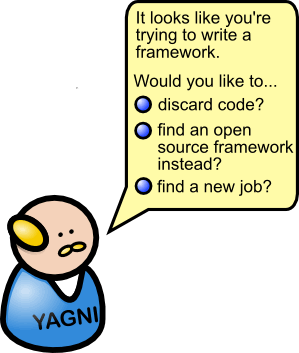These days, I try to get the PDF version of a computer book when it makes sense. When it comes to more timeless books — say Code Complete (the book from which Jeff Atwood gets the name for his blog, Coding Horror) and The Pragmatic Programmer – I think I’d still prefer a dead-tree edition. For books on a specific version of a language, platform or tool, which have a limited lifespan, I would argue that the PDF version is the better choice. I used to hate reading PDFs onscreen, but in these days of LCD screens with resolutions at least 1200 pixels wide, and especially with a dual-monitor setup, I find them pretty readable.
One book series that I wished was available in PDF form is O’Reilly’s Head First series. A co-creation of Kathy Sierra, who knows how to communicate knowledge and passion at the same time, this series features lively prose, story-telling and pictures aplenty to create some of the most comprehensible and enjoyable tech books out there. Consider the original “Gang of Four” book on design patterns and Head First Design Patterns: while the former is considerably meatier and more rigorous, I consult it rarely, and only as a reference work. The Head First book? I pick it up every now and again and re-read it just for kicks, and it’s the book I send people to when they ask about design patterns. It’s that way with all their books; when I was taking a project management course, Head First PMP was the only book that didn’t anaesthetize me.
O’Reilly has just announced that the entire Head First series is now available in PDF form – even the books that aren’t available in dead-tree format yet, namely:
The PDFs are all priced around US$30, which is about $10 cheaper than the print editions. These prices seem a bit steep compared to the PDF editions of Pragmatic Programmers books, which hover around US$20, but then again, the Pragmatics’ print books are also $10 cheaper than O’Reilly’s. Still it’s nice to have the Head First series available as PDFs. If you’re doing some last-minute Christmas shopping for a geek friend, you could always give one of these PDFs (especially for one of the not-yet-in-print books). If you’re feeling especially generous, you could give it on a USB key.
